Justice Sudershan Reddy: Is the Opposition's Vice-Presidential Candidate a Supporter of Left-Wing Extremism?
A look at the controversy surrounding Justice Sudershan Reddy"s 2011 judgement on the Salwa Judum. Read the full article to find out more...
Total Views |
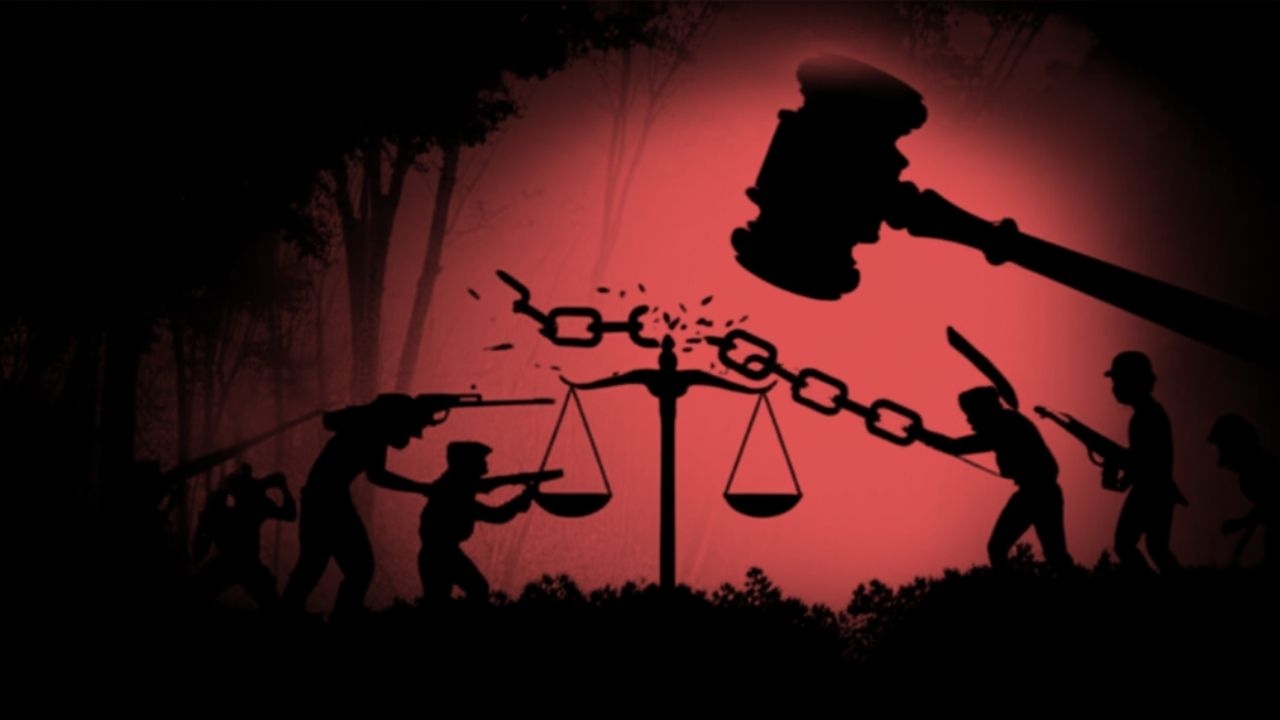
On July 21, Vice President Jagdeep Dhankhar resigned from his post, citing health reasons. His resignation has led to a vacant post, necessitating an election for the position of Vice President. The election is scheduled for September 9.
In response, the I.N.D.I. Alliance has nominated former Supreme Court Judge Justice B. Sudershan Reddy as its candidate. The announcement was made by Congress president Mallikarjun Kharge in New Delhi after a meeting of the alliance. Justice Reddy filed his nomination on August 21.
TMC MP Derek O’Brien confirmed that all opposition parties, including the Aam Aadmi Party, are supporting the joint candidate. Kharge called the contest an "ideological battle," praising Justice Reddy as one of India's "most distinguished and progressive jurists." He highlighted Reddy's career as a judge of the Andhra Pradesh High Court, Chief Justice of the Gauhati High Court, and a Supreme Court Judge. According to Kharge, Justice Reddy has been a "consistent and courageous champion of social, economic, and political justice," with judgments that "stood for the poor, protected the Constitution, and upheld fundamental rights."
Justice Reddy will be contesting against NDA's CP Radhakrishnan.
Who is Justice Sudershan Reddy?
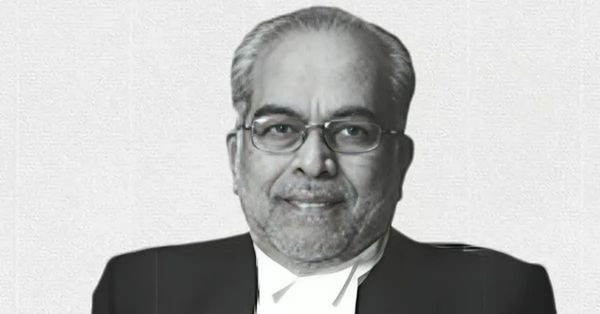
Justice Reddy, a native of Telangana, has an illustrious judicial career. He served as a permanent judge of the Andhra Pradesh High Court in 1995, became Chief Justice of the Gauhati High Court, and finally, a Supreme Court judge until 2011. Most recently, he headed an independent committee overseeing Telangana’s caste census.
What Brings Him Under Scrutiny?
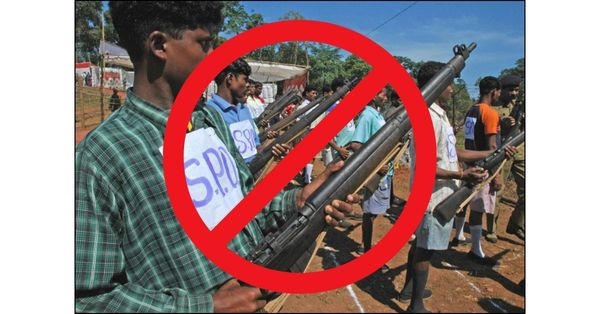
In a significant judgment in 2011, a two judge Supreme Court bench, comprising Justices Sudershan Reddy and SS Nijjar, disbanded Salwa Judum. Salwa Judum was a self defense group of tribal youth appointed by the Chhattisgarh government as Special Police Officers (SPOs) to counter the Maoist insurgency.
The verdict was in response to a petition filed by social anthropologist Nandini Sundar and others, who had objected to the Chhattisgarh government's policy of arming tribal youth as SPOs.
In a strong indictment of the state's policy, the court ruled that appointing poorly educated tribal youth, some with only a fifth grade education, as armed security forces violated constitutional principles. The bench ordered the Chhattisgarh government to immediately recall all firearms issued to the SPOs and stop using them in any form of counter insurgency operations. It also directed the Centre and the state government to ensure the safety of these individuals against possible Maoist attacks.
The judgment further ordered the state to investigate all allegations of human rights violations and criminal acts committed by Salwa Judum members or those known as Koya Commandos. The court emphasized that no group could be allowed to take the law into its own hands or act outside the Constitution.
Justice Reddy, who authored the order, stressed that every state organ must work within the "four corners of constitutional responsibility." While acknowledging the serious security threat from Maoist violence, the court stated that condoning extra-constitutional methods was unacceptable. The bench concluded that the militia-style outfit was illegal and unconstitutional, effectively shutting it down.
This ruling was a setback for both the Centre and the Chhattisgarh government, which had defended Salwa Judum as a necessary measure against Maoists.
What is Salwa Judum?
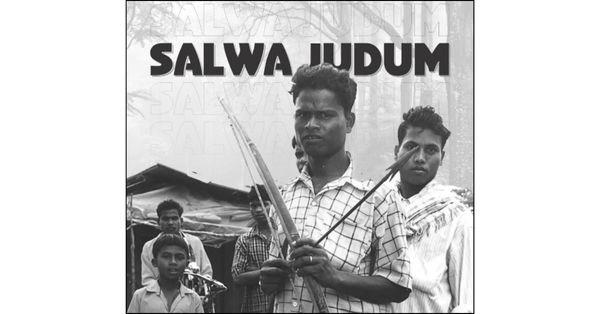
Salwa Judum, which means “peace march” in the Gondi language, was a self defense group created to fight Naxalism in Chhattisgarh. Formed in 2005 as a state sponsored vigilante movement, it aimed to counter Naxalite activities. The militia, consisting of local tribal youth, received support and training from the Chhattisgarh state government.
The Naxalites, a far left movement with Maoist ideology, are designated as a terrorist organization by the government due to their violent activities. In 2008, Chhattisgarh and neighboring Jharkhand accounted for over 65% of total Naxal violence in the country. The state had trained a number of ‘Special Police Officers’ or SPOs (also called Koya Commandos) from the tribespeople who were part of Salwa Judum.
On July 5, 2011, the Supreme Court, in a case filed by Nandini Sundar and others, declared the militia illegal and unconstitutional and ordered its disbanding. The court criticized the use of Salwa Judum for anti-Naxal operations due to human rights violations and the use of poorly trained youth in counter insurgency roles. The court also ordered an investigation into alleged criminal activities by the group.
On May 25, 2013, the group’s founder, Mahendra Karma, a senior Congress leader, was killed in a Naxalite attack in Darbha Valley, along with dozens of other party members.
BJP's Remarks on the Nomination of Sudershan Reddy
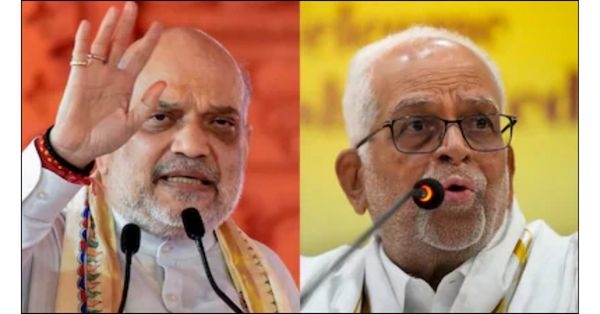
Union Home Minister Amit Shah criticized Justice B. Sudershan Reddy, accusing him of supporting left wing extremism through his past judgments. Speaking in Kochi on August 22, Shah claimed that Congress had fielded Reddy under pressure from its Left allies.
Shah argued that Reddy's Salwa Judum judgment supported leftist extremism and Naxalism. "If this had not been done, extremism would have been eradicated by 2020," he stated. He suggested that the move exposed the opposition’s political priorities.
Chhattisgarh Deputy Chief Minister and BJP leader Vijay Sharma also criticized the nomination, claiming that Reddy's 2011 judgment led to a surge in Naxal violence in the state. Speaking at a lecture in Pune, Sharma alleged that the judgment had created "fear and panic in Bastar," resulting in a wave of killings and brutal attacks by Naxal groups.
"After the judgment of 2011, Bastar was gripped by terror," Sharma said. He added that people still remember Reddy's name and question how such a person could be a candidate for the country’s second highest constitutional office.
Sharma explained that Salwa Judum began as a community led response to Naxal atrocities, with villagers setting up camps for self protection before the government extended its support and recruited some members as SPOs.
Article by
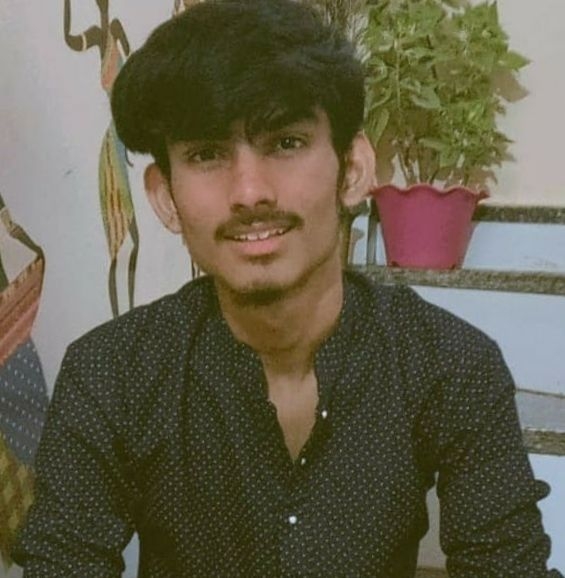
Kewali Kabir Jain
Journalism Student at Makhanlal Chaturvedi National University of Journalism and Communication

